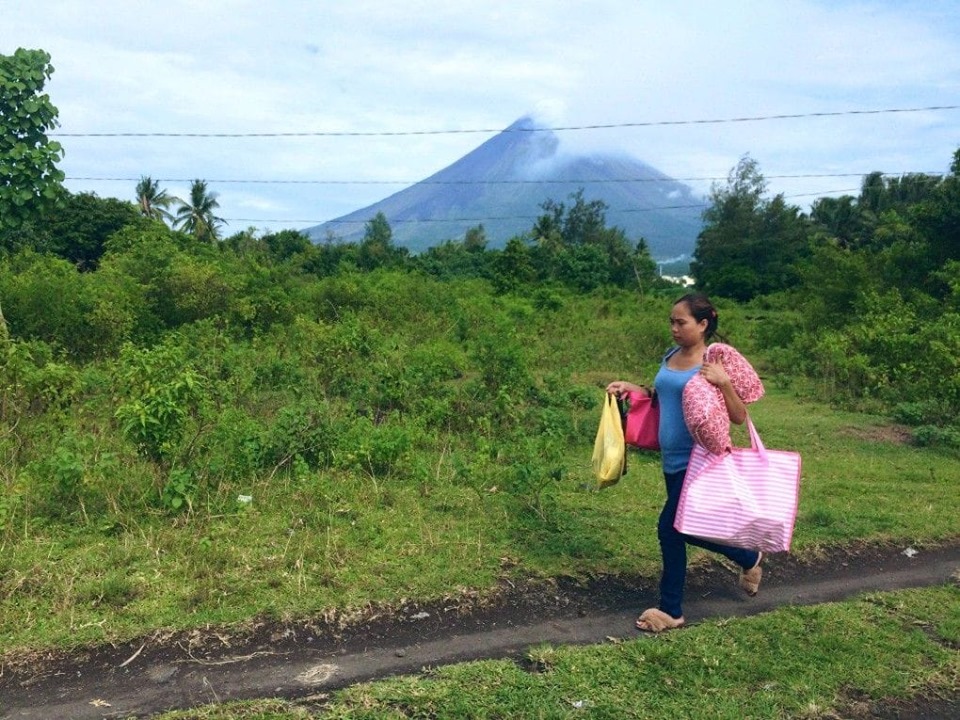In late early October 2019, a consortium of Start Network members Christian Aid, CARE International and Humanity & Inclusion based in the Philippines, along with their nationally based partners - Simon of Cyrene, Tabi and CBD completed their Start Fund project in anticipation of Lahar in the Philippines, alert 317, as part of the first Anticipation activation in the Philippines. The project followed the completion of an Analysis for Action grant - a grant of up to £10,000 awarded to groups of Start Fund members who want to develop the basis for a Start Fund Anticipation alert.
The anticipation alert was raised by Humanity & Inclusion in anticipation of 'lahar' following recent volcanic activity. 'Lahar' is a powerful mudflow composed of rocky debris and water which rapidly move down valleys like rivers of concrete causing devastation. In 2006, the Mayon volcano erupted during heavy monsoon rains triggering a deadly lahar which killed more than 1,200 people who lived in the path of the lahar flow.
The anticipation project undertook a study of the six communities based around the volcano and piloted a module that brought together the Albay province government agency APESMO, and community members to prepare evacuations for any predictable lahar flows before they happen.
Joana from Christian Aid who worked on the project in the Philippines shares her reflections with us on the first-ever Start Fund anticipation activation in the country.
"Our Anticipation Action for Lahar Risks project under Start Fund's Crisis Anticipation Window wrapped up its 90-day implementation a few weeks back. It is the first of its kind in the country and tackles mudflow (lahar) or rock or lava deposits along the slope of Mayon Volcano that can be triggered by rains.
Communities at the foot of Mayon have preparedness plans for all the other hazards in their area- volcanic eruption, flooding and typhoons. They do not have one for situations when lava deposits slide down from Mayon because of weather systems. Building upon the results of an Analysis for Action also funded by the Start Network, Christian Aid along with CARE International, Humanity and Inclusion and our local CSO partners worked with warning agencies (meteorology and volcanology departments), local disaster risk reduction (DRR) actors and the communities in crafting a module that contains protocols and guidelines in preparing for this hydromet-induced volcano-related hazard. Inclusion is incorporated in the module and hardware provision (rain gauges and EWS equipment) was also part of the project. Following community trainings and preparedness planning workshops, simulation exercises were also held in the communities.
Being a pilot project in a country of more than 23 active volcanoes, the project generated a lot of media attention, allowing us to reach more people with our messages on preparedness, community engagement and collaboration.
We are delighted to share the Preparedness Module for Rain-Induced Lahar as well as some of the articles which featured the project that we dubbed as 'Andam Lahar' (Prepare for Lahar)."
Read how through the project a lahar prone town trained for disaster risk preparation.

